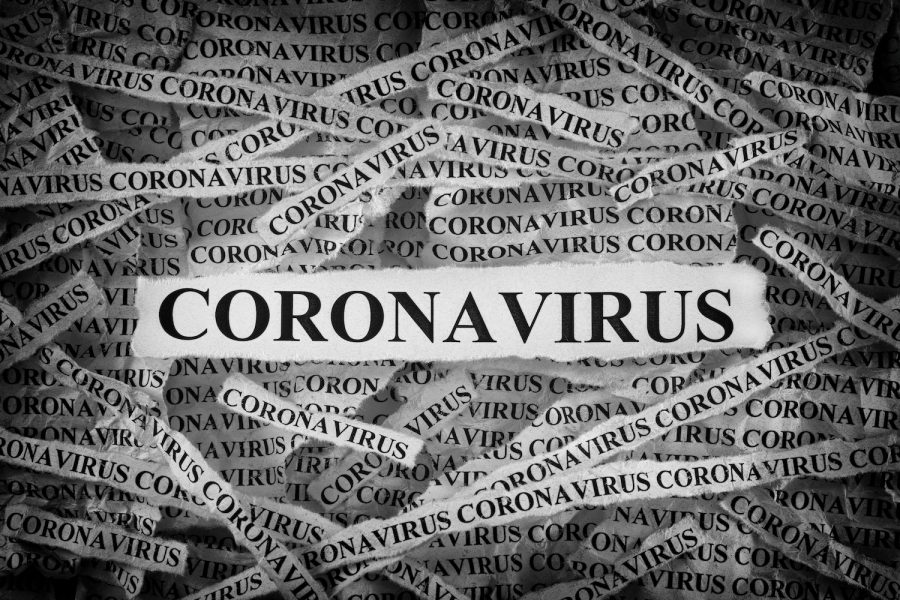Guest Opinion: 2 Asian-American UI medical students weigh in on COVID-19, xenophobia
Two Asian-American University of Iowa medical students weigh in on the spread of the novel coronavirus, xenophobia, and how you can protect yourself and your community.
March 26, 2020
COVID-19 has officially landed in Iowa. This new virus has led to misguided panic and an exacerbation in displays of racism. Having done my undergraduate and now medical studies at the University of Iowa, I (Destinee) have seen first-hand how Asians are treated by their peers. An article published in The Economist: 1843 in 2017 highlights the decline of international-student enrollment because of the alienation those students experience in Iowa City.
Since moving to Iowa, I have been told by strangers to go back to where I came from and harassed by patients based on my appearance. My brothers have been called “chink” and shoved by bar-goers downtown. I worry that this virus will lead to an increase in this behavior in Iowa City.
This worry is not unfounded. A college student in London was attacked by a group of four men who yelled, “I don’t want your coronavirus in my country,” before beating him, fracturing several bones in his face. In Melbourne, parents have refused to allow their children to be seen by Asian-appearing doctors and nurses. In Sydney, a man collapsed from cardiac arrest. Bystanders refused to perform CPR, because he was Asian, and they were afraid to catch COVID-19. He died. He did not have COVID-19.
If xenophobia and panic are rooted in fear of the unknown, then we must arm ourselves with knowledge.
I (Melissa) am rotating with the Iowa Department of Public Health as its officials tirelessly combat COVID-19 and ensure the public has the most up-to-date and evidence-based information. Instead of reading and sharing misinformation on social media, stay well-informed with reputable sources such as the Centers for Disease Control and Prevention’s and Iowa Department of Public Health’s COVID-19 pages:
- Risk of COVID-19 is associated with travel to affected regions and exposure to a confirmed case, “not groups of people, not certain ethnicities,” states the Iowa Department of Public Health infographic. You are just as likely as your Asian neighbor to get COVID-19 (assuming similar travel history).
- COVID-19 is not the seasonal flu. The World Health Organization estimates it’s upwards of 40 times as deadly.
- Community spread has happened in Iowa. This is when a case has been identified that is not related to a known case or travel. The goal is no longer to stop the virus, but to slow its spread. Our most vulnerable — our grandparents or friends with underlying medical conditions — will have the most severe illness, and many will die.
- While a healthy young person may only have mild illness or no symptoms, they can still spread COVID-19. Please give our health-care workers and hospitals a fighting chance by staying home, avoiding nonessential travel, and avoiding gatherings of more than 10. The more people who get sick, the more overwhelmed our hospitals will be, and the fewer resources we will have.
Fear of the unknown is natural, but it is not an excuse for racism. Allowing fear to divide us is harmful. We need everyone’s cooperation to combat COVID-19. Our response now will determine the fate of the American health-care system and people for years to come.
—Destinee Gwee, MS3, UI Carver College of Medicine
—Melissa Chan, MS3, UI Carver College of Medicine



